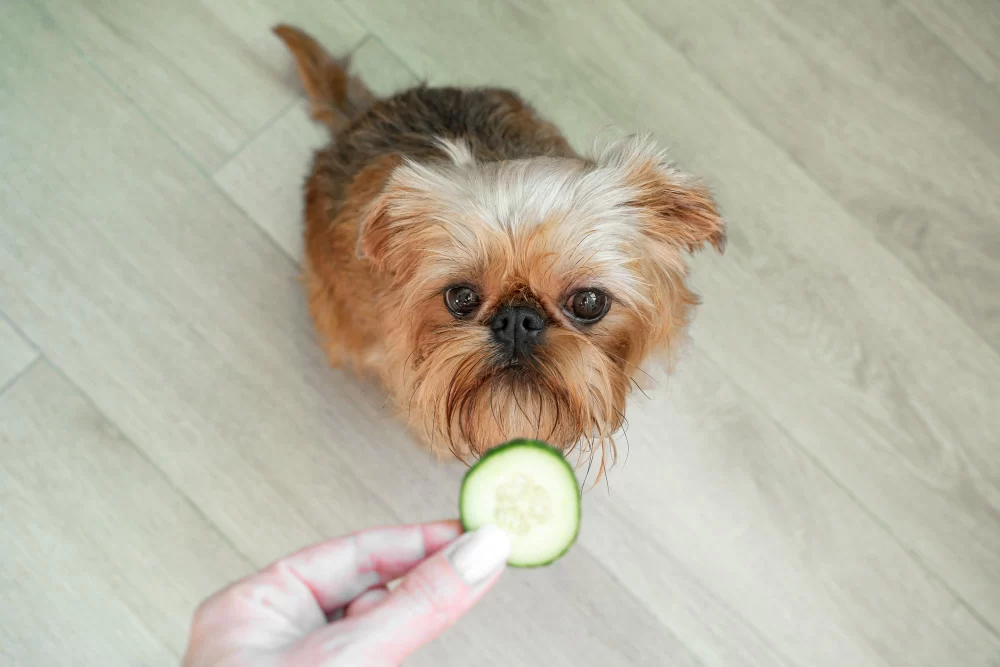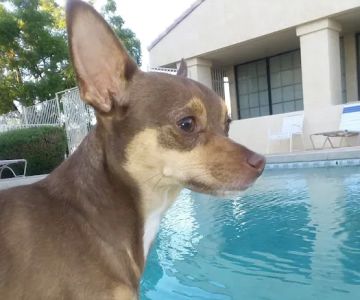Can Pet Dogs Eat Human Food? Understanding What’s Safe for Your Furry Friend
- Introduction: Can Dogs Eat Human Food?
- Common Human Foods That Are Safe for Dogs
- Human Foods You Should Never Feed Your Dog
- The Benefits and Risks of Sharing Your Food with Your Dog
- Real-Life Examples: Dogs Enjoying Human Food
- Where to Learn More About Dog Nutrition
As dog owners, it’s hard not to want to share our food with our loyal companions. But the question remains: can pet dogs eat human food? While some human foods can be healthy and safe for dogs, others can be harmful, even fatal. In this article, we’ll explore which foods are safe to share, which ones should be avoided, and how to ensure your dog enjoys a balanced, nutritious diet without any risks.
Common Human Foods That Are Safe for Dogs
It’s essential to know which human foods are dog-friendly and can be given in moderation. Here are some foods that are generally safe for your dog to consume:
1. Lean Meats
Lean meats such as chicken, turkey, and beef are often safe for dogs. These meats are rich in protein, which is an essential part of your dog’s diet. Just make sure the meat is cooked thoroughly and free from any spices, onions, or garlic, as these can be harmful.
2. Carrots and Other Vegetables
Carrots, green beans, and peas are safe vegetables that can be a tasty and healthy snack for your dog. These veggies provide vitamins and fiber, which are great for digestion and overall health.
3. Apples
Apples (without the seeds) are a great source of vitamins A and C and can be a refreshing snack for your dog. Just make sure to remove the core and seeds, as they can be harmful in large quantities.
4. Peanut Butter
Unsweetened peanut butter, in small amounts, can be an excellent treat for your dog. It’s a great source of protein and healthy fats. Just avoid peanut butter with added sugar or xylitol, as this sweetener is toxic to dogs.
Human Foods You Should Never Feed Your Dog
While some human foods are safe, others are dangerous for dogs. Feeding your dog harmful foods can lead to severe health problems, including poisoning. Here’s a list of foods to avoid:
1. Chocolate
Chocolate is one of the most dangerous foods for dogs. It contains theobromine, which dogs can’t metabolize properly. Even small amounts of chocolate can cause vomiting, diarrhea, seizures, and in severe cases, death.
2. Grapes and Raisins
Grapes and raisins may cause kidney failure in dogs. Even a small amount can lead to toxicity, with symptoms including lethargy, vomiting, and loss of appetite.
3. Onions and Garlic
Both onions and garlic contain compounds that can damage a dog’s red blood cells, leading to anemia. Even cooked onions and garlic can be harmful to your pet.
4. Xylitol
Xylitol, a sweetener found in sugar-free gum, candy, and baked goods, is extremely toxic to dogs. It can cause a rapid drop in blood sugar levels, leading to seizures, liver failure, and even death.
The Benefits and Risks of Sharing Your Food with Your Dog
Sharing your food with your dog can have both benefits and risks. Let’s take a closer look:
Benefits
When shared responsibly, human food can be a tasty treat and can add variety to your dog’s diet. Some foods like vegetables, fruits, and lean meats can provide added nutritional benefits that your dog might not get from their regular food. Additionally, occasional treats can strengthen the bond between you and your pet.
Risks
The primary risk of feeding your dog human food is the potential for an upset stomach or even poisoning. Too many treats, especially those high in fat or sugar, can also contribute to obesity, diabetes, and other health problems. Furthermore, certain foods that are safe for humans can be harmful or fatal to dogs.
Real-Life Examples: Dogs Enjoying Human Food
Many dog owners have shared experiences about the foods their dogs enjoy and those they need to avoid. Here are a couple of stories:
Case 1: Bella’s Peanut Butter Adventure
Bella, a Golden Retriever, was spoiled with occasional peanut butter treats. Her owner would spread a little peanut butter on her favorite toy, and Bella would happily lick it clean. However, Bella’s owner always made sure to choose peanut butter without xylitol and offered it in moderation, ensuring that the treat didn’t replace her balanced diet.
Case 2: Max’s Encounter with Grapes
Max, a curious Beagle, once stole a bunch of grapes from the kitchen counter. His owners didn’t know the dangers of grapes and only noticed something was wrong when Max became lethargic and vomited. Fortunately, after a visit to the vet, Max recovered fully, but this incident highlighted the importance of knowing what foods are safe for pets.
Where to Learn More About Dog Nutrition
For more information on feeding your dog a healthy and balanced diet, check out the resources provided by veterinary experts. If you're concerned about what foods are safe for your pet, you can always reach out to a trusted veterinary service for guidance.
Visit Hidden Brook Veterinary for professional advice on dog nutrition and health care. Whether you're concerned about food safety or need recommendations for pet food, their experts are here to help.












